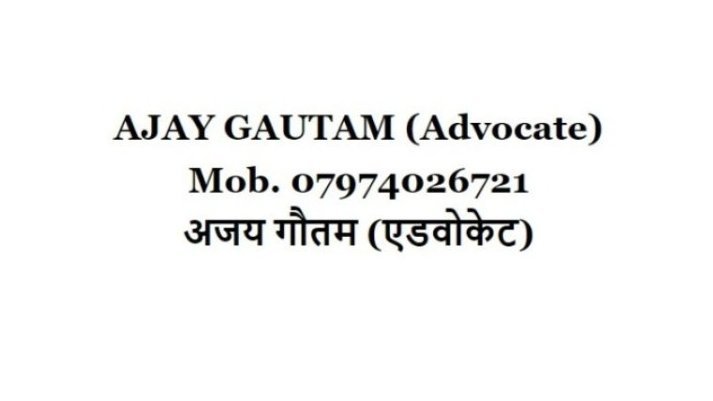Which case declared that Parliament cannot amend Fundamental Rights beyond basic structure?
The case that declared Parliament cannot amend Fundamental Rights in a way that damages the Basic Structure of the Constitution is:
Kesavananda Bharati v. State of Kerala (1973)
In this landmark judgment, the Supreme Court held that:
-
Parliament’s power to amend the Constitution is not unlimited.
-
It cannot alter or destroy the “Basic Structure”, which includes essential features such as Fundamental Rights.
The case that declared that Parliament cannot amend Fundamental Rights beyond the basic structure of the Constitution is Kesavananda Bharati v. State of Kerala (1973). In this landmark judgment, the Supreme Court of India held that while Parliament has the power to amend the Constitution, this power is subject to inherent limitations. Specifically, Parliament cannot alter, destroy, or damage the “basic structure” or fundamental framework of the Constitution, which includes the Fundamental Rights. This doctrine ensures that certain core features of the Constitution, including fundamental rights, remain inviolable despite amendments by Parliament. The Kesavananda Bharati case established the basic structure doctrine as a safeguard against the misuse of the amending power under Article 368 of the Constitution.
